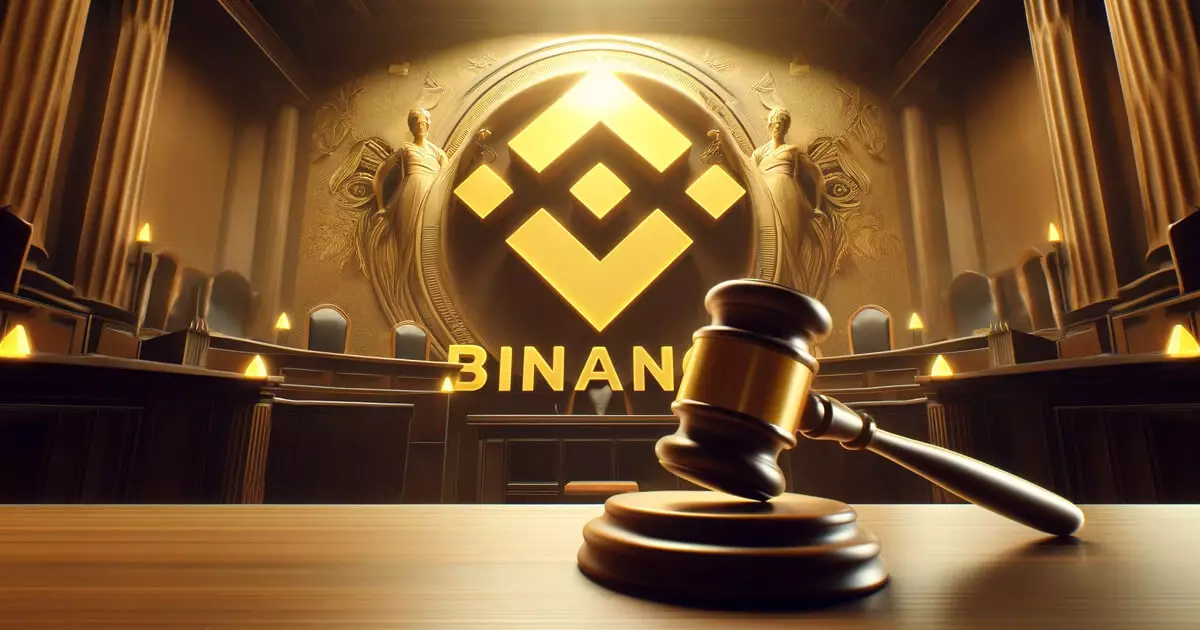A former executive at Binance, a leading cryptocurrency exchange, has triggered a controversy by alleging that her dismissal was a direct response to her whistleblowing on a serious bribery incident involving a colleague. Reports surfaced on November 28, detailing Amrita Srivastava’s claims after she raised alarms about questionable dealings related to the company’s Link platform. The accusations put Binance’s commitment to compliance under a serious spotlight, potentially exacerbating existing scrutiny from global regulatory authorities.
Amrita Srivastava’s assertions are particularly troubling, as they describe an environment where unethical practices may have been concealed under the guise of legitimate operations. Specifically, Srivastava alleges that a colleague solicited a bribe from clients, and these payments were misrepresented as “consultative services.” The emphasis on deceit raises significant questions about internal controls at Binance and whether the company is genuinely oriented toward regulatory compliance or operating under a façade of integrity. According to her testimony, the colleague involved has since departed from the firm, further distancing Binance from the allegations.
Joining Binance in April 2022, Srivastava arrived with a solid background from Mastercard, where she honed her skills in fintech coverage for Western Europe. Her expectations of fostering a compliant work environment soon dwindled due to what she described as a “chaotic” workplace culture. The pressures to meet revenue targets, particularly following the loss of a significant client tied to alleged Iranian dealings, painted a picture of an organization grappling with internal and external challenges. These mounting pressures may have contributed to an atmosphere where unethical behavior was tacitly tolerated.
The crux of Srivastava’s case resides in her assertion that she was unjustly terminated for reporting the bribery incidents. Binance contends her dismissal was unrelated to her whistleblowing and rather due to “poor performance.” However, the timings of these events raise red flags. Within just a month of reporting the alleged misconduct to her superiors, Srivastava found herself without a job. Under UK law, whistleblowers are protected and entitled to uncapped awards for retaliatory dismissals, putting Binance at risk of significant legal repercussions if the allegations are proven true.
The fallout from this situation could be damaging not only for Srivastava, who claims her career and reputation have taken a severe hit, but also for Binance itself. If the tribunal rules in her favor, the implications could extend beyond monetary reparations, potentially jeopardizing Binance’s credibility and operational framework. The case underscores the critical need for transparent whistleblowing processes in high-stakes environments, particularly in industries under scrutiny like crypto, where trust and compliance are paramount. The outcome will likely influence how the cryptocurrency industry handles similar allegations and the importance of safeguarding employees who report unethical practices.

